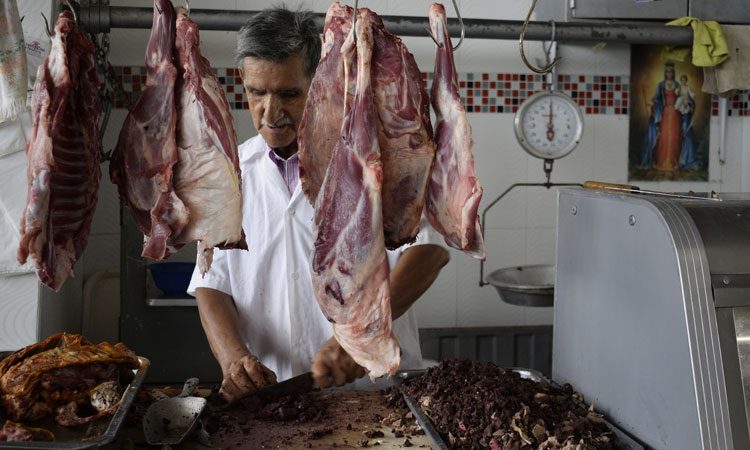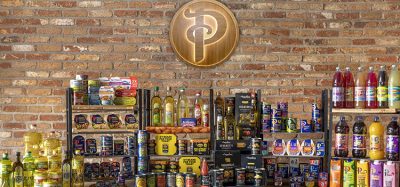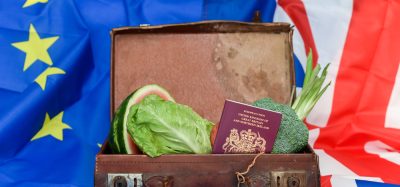Food fraud continues due to dip in the leisure industry
- Like
- Digg
- Del
- Tumblr
- VKontakte
- Buffer
- Love This
- Odnoklassniki
- Meneame
- Blogger
- Amazon
- Yahoo Mail
- Gmail
- AOL
- Newsvine
- HackerNews
- Evernote
- MySpace
- Mail.ru
- Viadeo
- Line
- Comments
- Yummly
- SMS
- Viber
- Telegram
- Subscribe
- Skype
- Facebook Messenger
- Kakao
- LiveJournal
- Yammer
- Edgar
- Fintel
- Mix
- Instapaper
- Copy Link
Posted: 23 August 2019 | Rachael Harper (New Food Magazine) | No comments yet
The rising number of leisure businesses going bust is continuing food fraud problems, says industry insider, and butchers are paying the price.


According to industry insiders, butchers are paying the price for the rising number of leisure businesses going bust and one impact of this is the continuing problems of food fraud in the UK.
A recent report has suggested that illegal production of beef (from unapproved premises or without inspection) accounts for nearly 43 percent of reported fraud in the global beef supply chain.
“We have seen some of the UK’s largest butchers disappear after being caught re-labelling product as being British – which carries a premium in price because of its high quality – when it is, in fact, imported,” said Alex Demetriou, Managing Director of the Regency Purchasing Group.
Demetriou says that there are three main reasons behind the levels of food fraud:
- Simply trying to compete on price
- The red tape. Some suggest this is EU-led but, in fact, the UK has a higher standard of welfare than the EU requires, so the red tape is very much driven by us as a nation
- With more leisure businesses going into administration in the last 12 months than any other time in history, suppliers are not being paid, which has led to some of them turning to uncharacteristic practices just in order to survive and keep their businesses afloat.
“These are very challenging times, because butchery is a high value and often low percentage margin business,” Demetriou continued. “It generates one of the highest monthly outgoings for most restaurants, which means butchers are carrying a high liability.
When businesses go into administration, the butcher takes one of the biggest hits.”


With the recent dip in the leisure industry, some suppliers are “turning to uncharacteristic practices just to survive,” says Demetriou.
Since 2013, when horsemeat infiltrated the beef supply chain, a lot of work has been done in a bid to tackle food fraud in the UK. The Food Fraud Network was established in 2013, to share intelligence between EU member states, and the Food Industry Intelligence Network was formed in 2015.
Demetriou added that he did not think that the UK’s scheduled departure from the EU would adversely affect the ongoing work to reduce food fraud: “Even in the event of a no-deal Brexit, I believe the regulatory bodies will continue to work with each other for the greater good, and the safety of all individuals, irrespective of where they live. Ultimately, whether there are tariffs or not, the trade will continue to one extent or another, and therefore the regulatory communication must continue.
“While we may not benefit from new communications or new regulator bodies that may be created in the future via the EU, I believe that anything that currently exists must, and, I hope, will, continue.”









